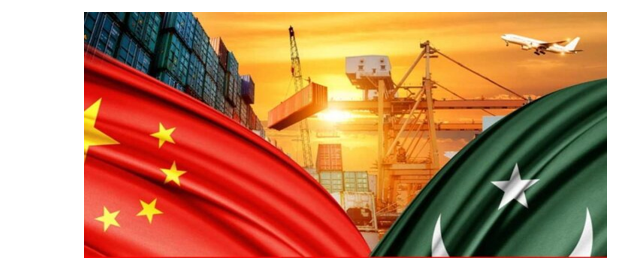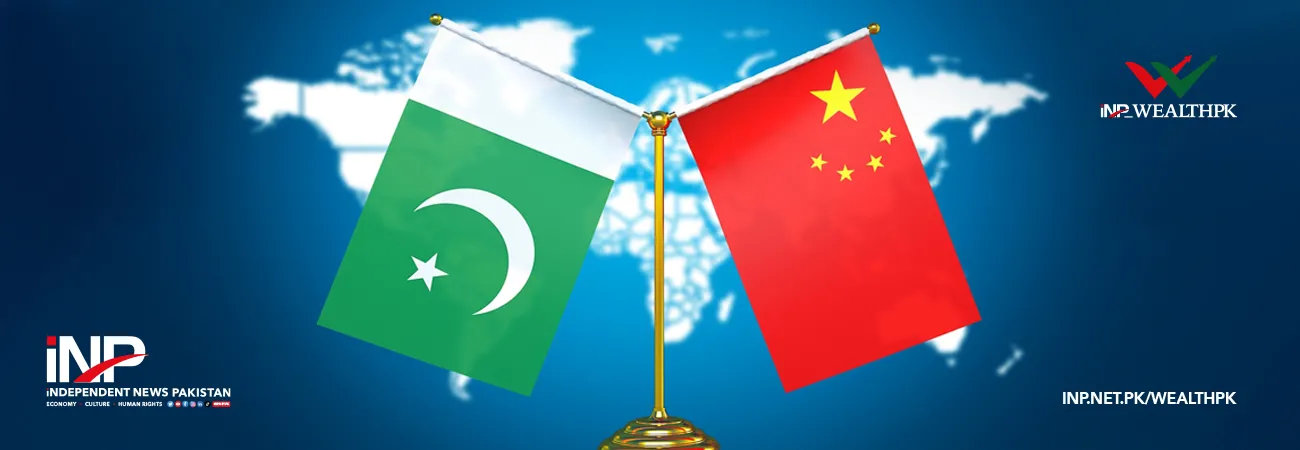INP-WealthPk
Ayesha Saba

The recent Memoranda of Understanding (MoUs) signed between Pakistani and Chinese companies has the potential to reshape Islamabad's economic landscape by driving investment, infrastructure development and technological advancement. These MoUs were signed during the Pakistan-China Business Conference, which was recently held in Shenzhen. About 500 Chinese and 100 Pakistani companies participated and signed 32 MoUs in sectors such as agriculture, fertiliser, IT, mobile, and pharmaceuticals. Talking to WealthPK, Dr Liaquat Ali Shah, Head of Policy at the Centre of Excellence for CPEC, Pakistan Institute of Development Economics, said Pakistan's relations with China were the cornerstone of its foreign policy. "Over the last few years, CPEC has yielded substantial outcomes, playing a crucial role in fostering Pakistan's economic and social progress." "The government of Pakistan is keen to position the country as a prime destination for investments, with a particular focus on attracting Chinese businesses.
This ambition is driving the development of comprehensive strategies and policies aimed at making Pakistan a more attractive and viable location for international investment, particularly from China," he maintained. He stated that the recent signing of MoUs comes at a critical juncture for Pakistan, offering a pathway to economic revitalisation and sustainable development. Liaquat emphasised the importance of leveraging these agreements to attract investment and stimulate economic growth. "Pakistan must seize this opportunity to create an enabling environment for investors and capitalise on the potential offered by closer cooperation with China." According to Wang Shengjie, Head of the Political and Press Section at the Embassy of the People's Republic of China, stakeholders need to understand the upgraded version of CPEC, which requires aligning the leadership and policies of both nations for its successful completion.
He highlighted the Chinese government's proposed 5C framework, which focuses on corridors of growth, livelihood enhancement, innovation, a green corridor and the open corridor. Shengjie described this phase of CPEC as more strategic and technical, emphasising that the Chinese government was considering integrating its 5C framework with Pakistan's 5E framework. "We are also planning to bring Chinese experts to Pakistan to develop special economic zones. These experts will study the current situation and develop a suitable roadmap for advancing Pakistan's SEZs," he added. Minister for Privatisation and Board of Investment Abdul Aleem Khan lauded the recent Pakistan-China Business Conference, which was recently held in Shenzhen for enhancing bilateral trade relations. He noted the robust participation of 500 Chinese and 100 Pakistani companies and highlighted that the signing of 32 MoUs will help strengthen Pak-China trade ties.
Credit: INP-WealthPk













